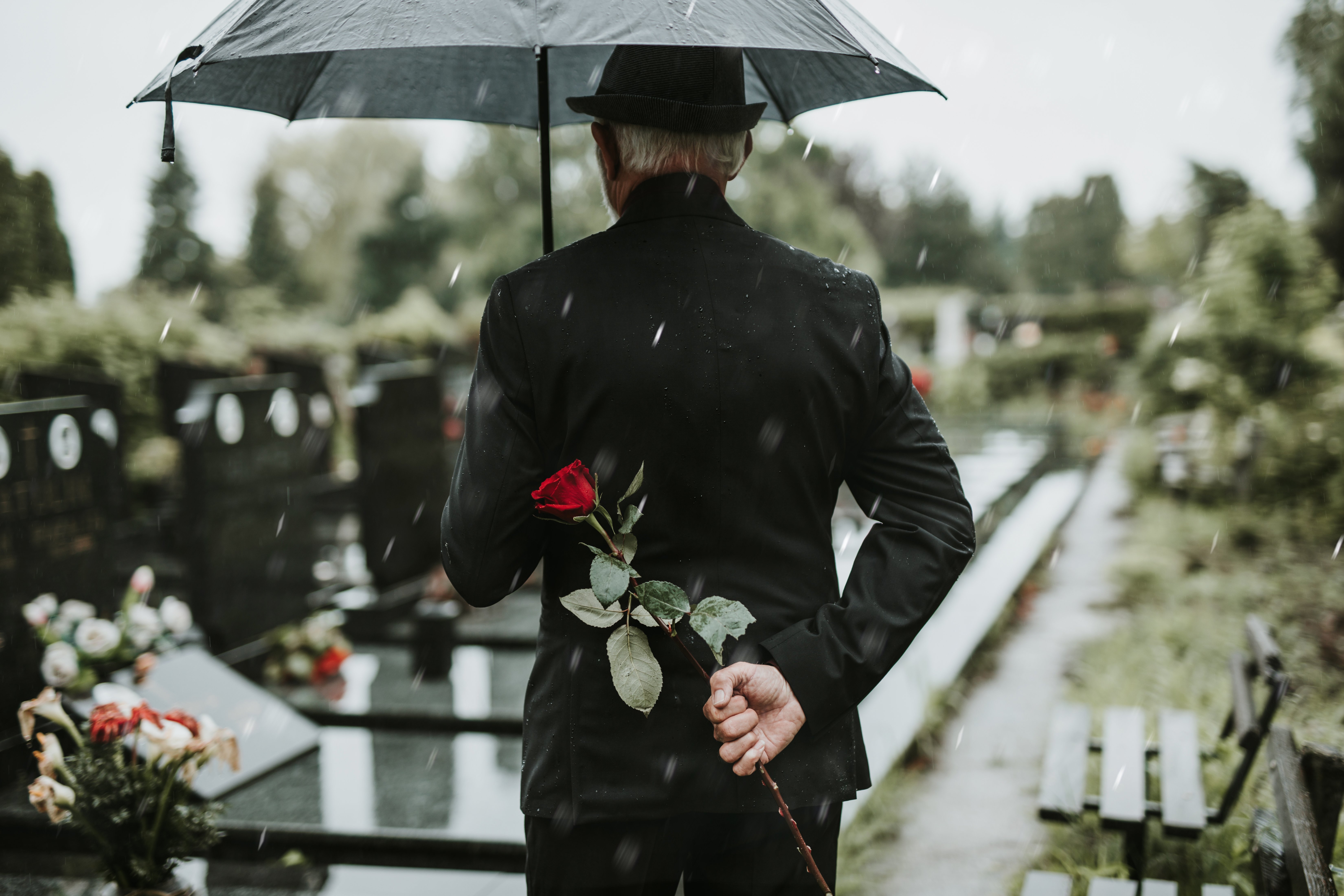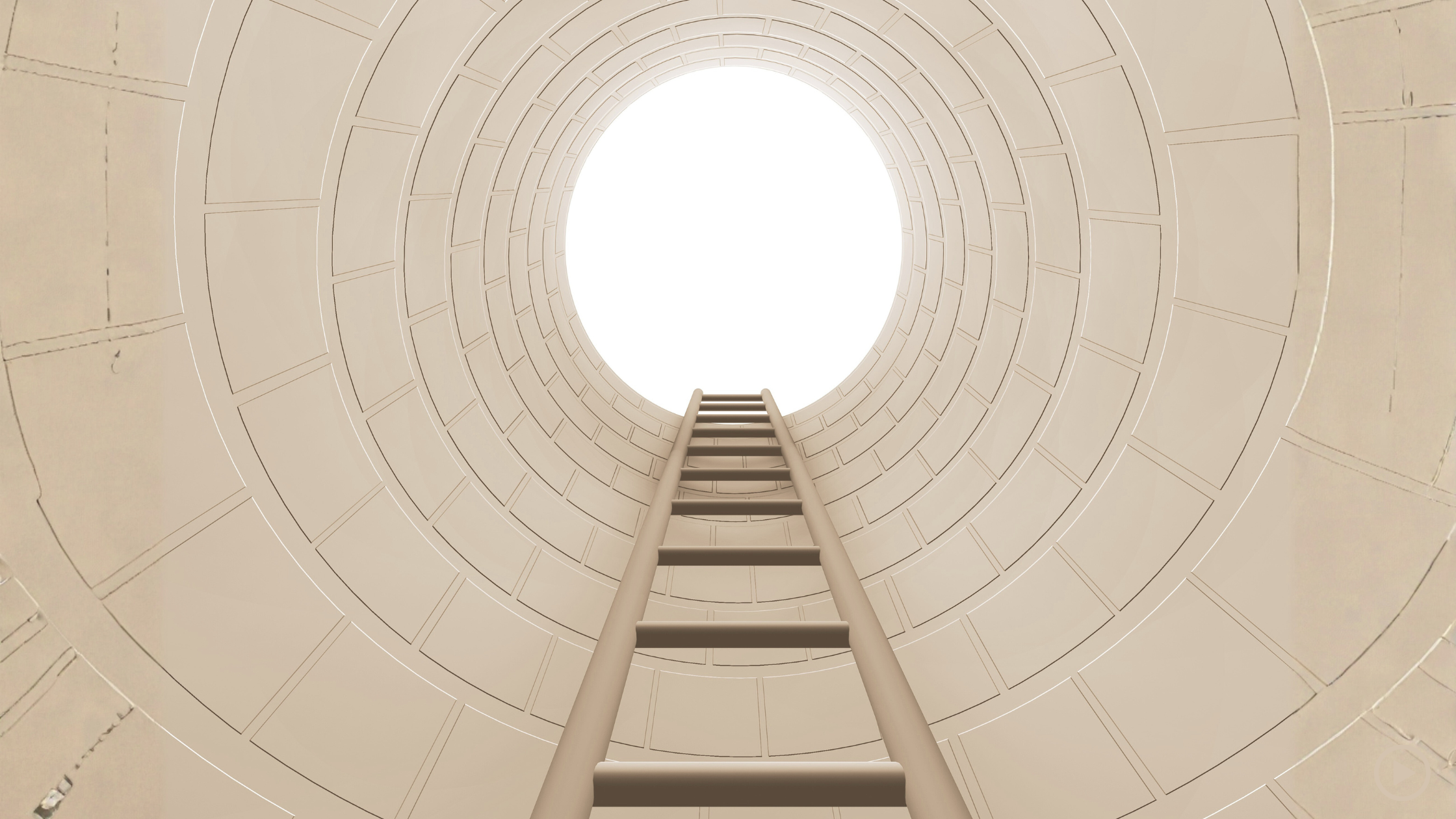How the COVID-19 pandemic changed the funeral profession

For many professionals who have selected to delve into the world of the funeral director, it is more than just a career path but a calling. I have been a licensed funeral director for over 20 years in New York and more recently in Texas. I have served client families in different roles throughout my career ranging from daily operations, embalming, leading teams in pre need sales, managing cemeteries and crematories as well as presenting to other professionals at events.
We are natural caregivers, finding fulfillment and pride in taking care of those who grieve, while ensuring their loved one’s disposition is carried out in the most dignified manner. Sweet moments of achievement in a funeral director’s day are also paired with several challenges. One of those challenges which has plagued the industry for over a year is COVID-19. Not only has it been a struggle to maintain the connection between grief stricken families and their director but also to remain relevant in these swiftly changing times, having to creatively adapt our care and adopt technology.
A constantly evolving profession
Since its inception in the 1800’s, the funeral profession and industry as a whole have evolved on so many different levels, at a slow steady pace. Visitations which were once held in the family’s home are now perfectly staged in warm and welcoming funeral homes. Round tables with colored linens and centerpieces have taken over the rows of chairs for the mourners, solemn and quiet services have now turned into elaborate themed celebrations of life, including catered events, music, video tribute movies, funeral directors attire matching the theme of the personalized venue, and cremation urns on display surrounded by exotic flowers and personal belongings of what once belonged to the decedent.
Throughout all these changes, funeral directors have adapted and continue to serve their client families as if they were their very own, always prepared for any new challenge or need that may emerge… and then came COVID-19, a life-threatening virus which caused a global pandemic and changed the way the funeral profession operates so much more than an adjustment to traditional methods and rituals. This was not a change of leisure but a change of necessity, that happened almost overnight.
A new approach to grieving
The funeral industry has certainly changed in almost all aspects of operations, specifically with becoming more creative in its compassionate care and adopting technology while attempting to truly embrace it. For example, a recent study found 46% of consumers say they will handle funeral arrangements virtually, an activity that has historically only occurred in-person with a funeral director, and 43% of consumers believe that attending a funeral via livestream “demonstrates how much I care”, a 72% increase compared to pre-pandemic levels.
Creative, compassionate care
Families who lost their loved ones were now expected to hold a service with a minimum amount of attendance to prevent the COVID-19 virus from spreading. The physical warmth and love by family and friends for the survivors of the decedent had now dwindled down to invite only. Families were now burdened with not only the dilemma of every detail of a funeral service but who to invite and how to ensure all felt included. The location of the service was another concern, some states required services to be held outdoors regardless of the weather conditions. Several states permitted services in the funeral home’s chapel or place of worship but with an extremely low number of attendees. Aside from families being separated, clergy and celebrants who had a relationship with the family and decedent were unable to physically attend.
The visitation of a decedent who died of COVID-19 was not even an option, there were many burials and cremations followed by a memorial service or one to be scheduled at a future date, with the hope that COVID-19 would soon be a thing of the past. This changed the face of traditional gatherings and viewing of the decedent before the finality of their disposition. Memorial services, both elaborate and simple, became the focal point of the family’s method to truly celebrate their loved one’s individuality and life.
Technology adoption
Funeral directors were now expected to meet their families and discuss all aspects of the service via phone call and video conference, again preventing face to face contact to keep everyone protected. DocuSign and other e-procurement methods for signing important documents became a part of the process as well. The connection one builds with the client family during the arrangement process along with the empathy shown became a challenge for many directors. A pat on the shoulder of one in grief or even a hug of genuine care was ripped away overnight.
According to the above mentioned research, the need and expectation of funeral homes to be more technologically in sync and be able to offer the livestreaming of services must now be a part of the arrangement process with 40% of consumers expecting live-streaming of services to be available permanently.
The COVID-19 pandemic has certainly changed so many aspects of the funeral profession but one thing gained from it is the creativity it has spawned. Virtual arrangements, services and even visitations have become a part of the arrangement and funeral process. We have begun to see an influx of immediate burials and cremations followed by beautifully organized services in memory of that special individual who once walked amongst us. Services are now including family and friends who are not only apart due to the pandemic but geographic distances. Streaming the service has now become an expectation by families and an integral piece of what funeral homes provide. Grieving from afar and not being a part of a loved one’s memorial celebration, not knowing who was present, what prayers and eulogies were read, have now become a thing of the past.
The changes to the funeral profession will only continue and individuals will need to swiftly adapt but through a blend of creativity, compassionate care and technology, it will truly be a triumphant evolution.
A leader in this space, Krause Funeral Homes embraced the many changes brought by the pandemic. You can read some of their insights in this case study.
- Written by Natalie Kuri
Natalie has previously worked as licensed funeral director for over 20 years in New York and more recently in Texas. She served client families in different roles throughout her career ranging from daily operations, embalming, leading teams in pre need sales, managing cemeteries and crematories as well as presenting to other professionals at events.
Natalie joined the OneRoom team in 2020 as a Customer Success Manager, leveraging her skills from the industry to onboard and train new customers while continuing to develop customer relationships.

.png)
.png)